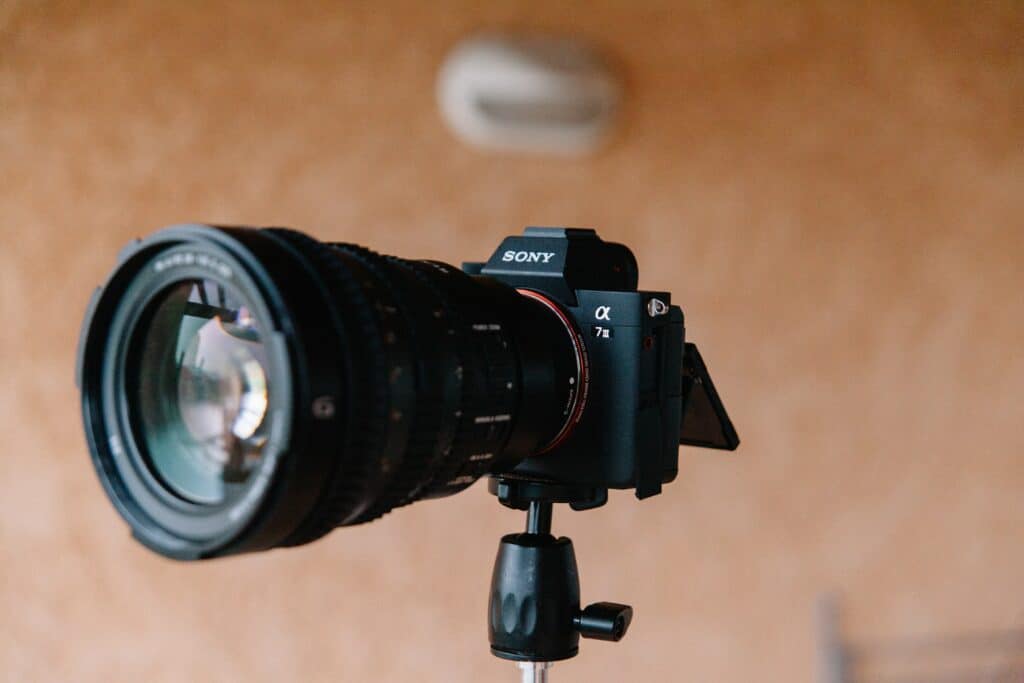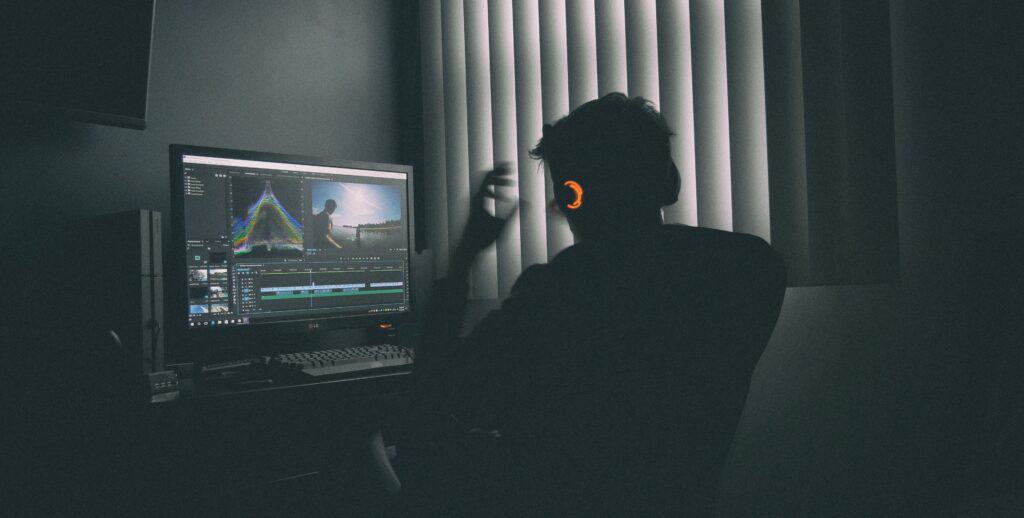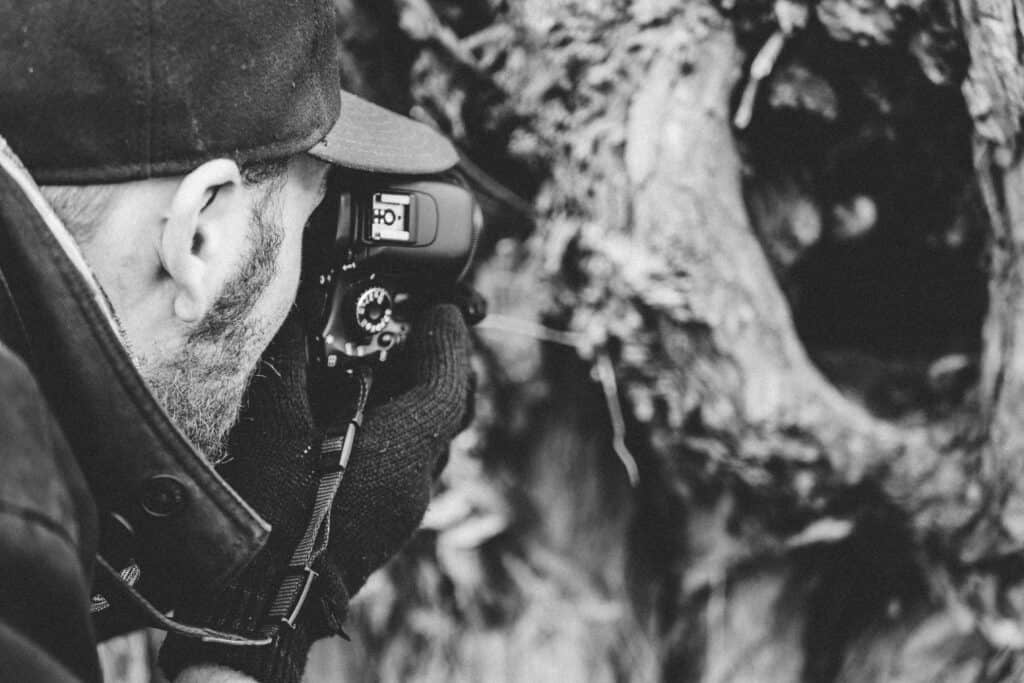If you’re going to do something- might as well do it right! If you want to turn photography into a career (or a successful hobby), it’s time to create a photography business. This is true for several reasons, the first being, the law. If you’re collecting money doing something, you have to turn it into a legal business. The second is that good clients aren’t inclined to hire someone who isn’t a legal business. Thirdly is your own protection, a true photography business offers you protections against many problems.
It may seem daunting to start a business, but I assure you it is necessary. The investment to open a photography business comes in the form of expenses such as business licenses, equipment, computers, internet, programs, insurance, legal, web hosting, and more. But fear not, all of this investment becomes your business capital which you can write off on your taxes.
Disclaimer: I am not a CPA, nor an attorney nor a lawyer. The information presented in this article is not intended to act as your legal or business bible. This is solely reference material. Please consult a lawyer, CPA, or business consultant. Any referenced laws and fees are based on the United States system. The information can vary by country, provinces, and districts.
LLC or Sole Proprietor? Business License?
Let us start with the simpler part of this question: the business license. Believe it or not, photographers need one too (depending on location)! In the United States, in many of the states, whatever county you collect money in requires you to hold a business license. This fee can range from $0 to $50 depending on the state and county you are in.
Next is the business type registration. In the United States, most photographers have the choice between an LLC or a Sole Proprietor.
A Sole Proprietor is an unincorporated business owned and run by one individual with no distinction between the business and you, the owner. You are entitled to all profits and are responsible for all your business’s debts, losses and liabilities.
An LLC, or Limited Liability Company, is a business owned by one or more people registered as such to ensure that the owners of the company are not personally liable for their company’s debts or liabilities. If the LLC faces a lawsuit, the members do not risk losing their home to cover a settlement.
Which one should you choose? Well, it depends on what kind of photography you do and how much risk is involved in your business. If you photograph products or landscapes, being a Sole Proprietor is probably best for you. If you work with people, an LLC is likely the better choice. If your business faces a reasonable risk of lawsuits or if business debt is a possibility, you may want to consider an LLC to protect your personal assets.
Sole Proprietors do not have to pay anything to be a Sole Proprietor except their necessary taxes. An LLC, however, may have to pay a Franchise Fee dependent on the state. This fee ranges from $0 (in many Southern United States parts) all the way to $800 (such as in California).
To legally set up a business, you must first choose a name and register it. Do your research first though! You need to ensure that you’re not violating any Federal or State trademarks, as well as ensuring your name is available.
After choosing a name, you then decide what kind of business entity you will be. You can choose from Sole Proprietor or LLC. Choose the one that suits your needs the best.
You then make the appropriate tax elections (if applicable), get your sales tax permit, get other appropriate license and permits for your jurisdiction, and finally, you set up your EIN and employer account (if applicable).
Equipment

The camera equipment you need depends on what you shoot. It’s hard to place an actual monetary amount on this section because it is based on so many variables. You can start a business with just one camera and one lens! But it is usually better to have at least two cameras and at least two lenses. This investment can range from under $1,000 all the way to $20,000+.
Powerful Computer and High Speed Internet

Like any job, time management really is important. Time management always comes right back to your workflow. Workflow represents the steps taken to do your job, from beginning to end. For photography, workflow primarily comes into play after the photographs are taken. This is where the most time tends to be sucked away, and the exact area in which time can be saved by being more efficient!
More powerful computers equal more time saved. Part of efficiency is also utilizing the tools that save you time! Considering upgrading to a more powerful computer to aid in lowering the time spent on each photo shoot job.
It’s a good idea to look into higher processing power and graphics cards in order to run programs more effectively and quickly.
The computer is only half the job too- the other half is high speed internet. All of photography business, for the most part, is run online through a computer. As such, having high speed internet is really key.
Depending on where you are, high speed internet can range from $25 per month to $200 per month. For computers, you can get a great computer for under $2,000 (especially if you build a desktop computer).
Editing Programs

You cannot skirt by without editing programs. Post processing is mandatory for digital photography, much like it was mandatory for film photography. Your darkroom just happens to be the computer now! Investing in industry standard programs such as Adobe Photoshop and Adobe Lightroom will revolutionize everything that you do.
From increasing efficiency and workflow to producing beautiful images for your clients, this is a step you can’t skimp on.
Adobe’s current subscriptions run on average of $200 per year.
Insurance
Not having insurance is equivalent to playing with fire and expecting to never get burned. If your client hurts his or herself during a photo shoot- whose fault is this? That’s where insurance comes into play.
As a photographer, you are technically responsible for your subject while they are obtaining your service. As such, if they get injured or you break something of theirs as a direct result of your photo session, you are held responsible for paying their medical bills or losses.
As well as this, it can even go as far as including damages due to alleged failure to provide contracted services or providing them incorrectly.
This is where having insurance is very important. Like car insurance and homeowner’s insurance, insurance protects you and your photography business from claims your subject may file. Don’t start a photography business without one.
Insurance for photographers tends to average around $350 – $500 per year.
Lawyer

Ignorance to the law is not an excuse to break the law, as they say. No matter what you do in life, you should be well versed on the rules.
Being a photographer is no different, so photographers must understand their laws and rights (as well as what they cannot do). This helps keep the photographer out of hot water and also protects the photographer’s images from being improperly used.
It’s always better to err on the side of caution, especially when it concerns the law. Even looking up relevant laws on the government websites can be a bit tumultuous to read and understand.
It never hurts to have a professional legal representative guiding you through what you can and cannot do, as well as aiding you on your photography endeavor. Best money ever spent can be on a knowledgeable photography lawyer, even if all you need is a consultation.
Website and Gallery Hosting

Finally, you need a website. A website is a landing page for your clients, a place to display a portfolio, provide information about your services, and advertise your photography business. Although you technically can skimp on this by creating a Facebook Page or Instagram account, clients will still be wanting an actual website.
Website and gallery hosting ranges in cost. You can get hosting for as low as $50 a year. It’s a good idea to also buy a domain name. Dot com domains are usually around $12, but could get more expensive, depending on where you get it from.
Conclusion
In conclusion, although this may sound like a lot to do and put into, it really is worth it in the end. If you price your services appropriately, you’ll get your money back quickly!

